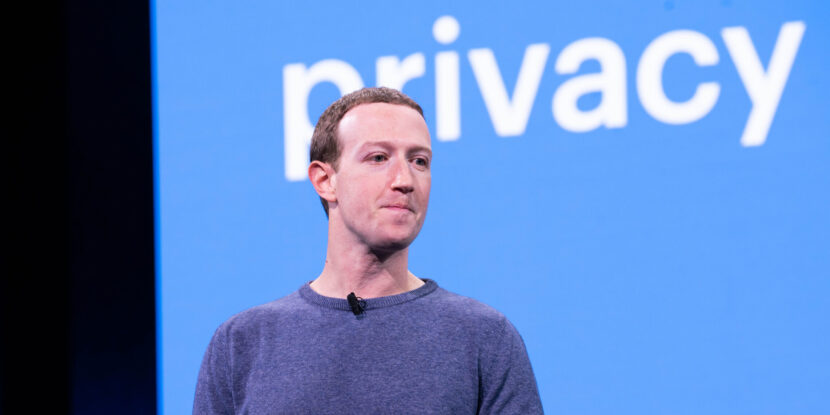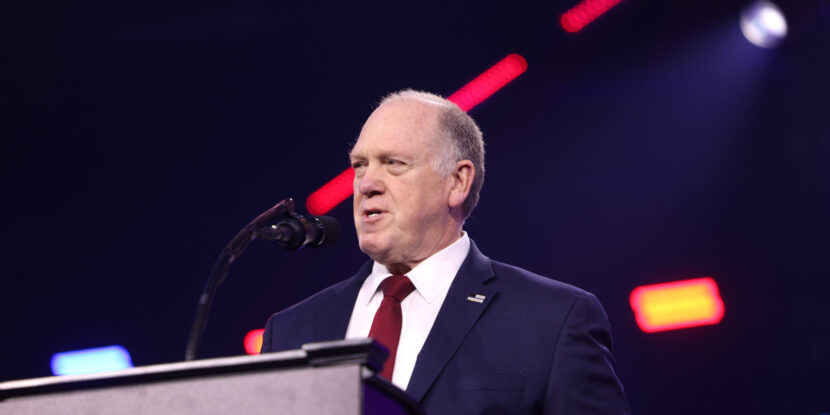Rep. Jim Jordan (R-OH), endorsed by former President Donald Trump, has quickly consolidated support among House conservatives as a candidate for Speaker. The Ohio Congressman spent much of his early career in Congress as a conservative counter to the more moderate Republican leadership. However under the previous Speakership of Kevin McCarthy, Jordan became a key leadership ally as chairman of the House Judiciary Committee.
First elected in 2006, Rep. Jordan has long been considered one of the Republican conference’s most conservative members. From 2011 to 2013, Jordan chaired the powerful Republican Study Committee (RSC). In 2023 the RSC and Rep. Jordan played an integral role in forcing a government shutdown in an effort to make substantial changes to Obamacare. Louisiana Republican Steve Scalise, Jordan’s current competitor for the Speaker’s gavel, succeeded him as chairman of the RSC in 2013.
In 2015, Jordan along with other House conservatives founded the Freedom Caucus, for which he served as its first chairman. The caucus has been at the center of efforts to push House Republicans in a more conservative direction.
Before becoming a McCarthy ally, Jordan was one of the former Speaker’s chief political opponents. When Speaker Paul Ryan retired from Congress, Jordan announced he would challenge McCarthy for the Speakership. When Republicans subsequently lost the House during the 2018 midterms, Jordan and McCarthy both ran for Minority Leader, with McCarthy ultimately prevailing 159–43 among Republican members.
Despite Rep. Jordan’s strong conservative bonafides, some in Washington, D.C. remain skeptical of a Jordan Speakership as he maintains close ties to several Big Tech firms and their political operations. The Ohio Congressman has been one of the key opponents of bi-partisan efforts to reform U.S. anti-trust laws – efforts the Big Tech companies have aggressively opposed.
According to public records, Jordan’s campaign committee received nearly $10,000 from Apple, $5,000 from semiconductor manufacturer Broadcom (the target of an EU anti-trust investigation) in 2022. Pfizer donated just over $13,000 to Jordan in 2020, while Microsoft gave nearly $7,000. Google contributed $11,000 to Jordan in 2018 and $10,000 in 2016. Since being first elected in 2006, Jordan has also received nearly $15,000 from the Consumer Technology Association PAC, a conduit for Big Tech money in politics.
One of Jordan’s key aides on the Judiciary Committee, Tyler Grimm, attended the January 2023 CES trade show in Las Vegas, Nevada. CES is an annual technology industry event organized by the Consumer Technology Association. According to House Ethics Committee disclosures, Grimm’s flight, lodging, registration fee, and meals were all paid for by the Consumer Technology Association. Key staffers for a number of Democrats and Republicans received similar arrangements from the Big Tech lobbying group per the Ethics Committee. Grimm is purported to be the author of a particularly hostile 2020 Judiciary Committee memo critical of Republican and Democrat efforts to use anti-trust as means of breaking up Big Tech companies.
On matters of fiscal and social conservatism, Rep. Jordan’s record has been exemplary among Republican members. However, conservatives who have worked to reign in Big Tech appear to hold reservations regarding the Congressman’s record.




















